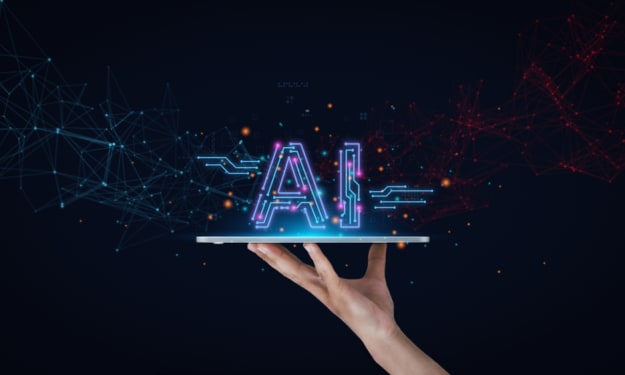
Introduction
In the modern digital landscape, Artificial Intelligence (AI) technology stands as a groundbreaking force that is transforming the way we interact, work, and live. This cutting-edge technology is evolving at an unprecedented pace, revolutionizing various industries and reshaping the world as we know it. From healthcare to finance, manufacturing to entertainment, AI's transformative capabilities are leaving an indelible mark on society. In this article, we delve into the multifaceted realm of AI technology and explore how it is poised to shape the future across different sectors.
Understanding AI Technology
At its core, AI refers to the development of computer systems that can perform tasks typically requiring human intelligence. These tasks encompass a wide spectrum, ranging from speech recognition and image analysis to complex decision-making processes. AI technology comprises various subfields, including machine learning, natural language processing, computer vision, and robotics.
Machine Learning: The Driving Force
Central to AI's growth is machine learning, a subset that focuses on creating algorithms that enable computers to learn and improve from experience. Machine learning algorithms analyze massive datasets to identify patterns, make predictions, and optimize processes. This capability finds applications in recommendation systems, fraud detection, autonomous vehicles, and even personalized medicine.
Natural Language Processing (NLP): Bridging Human-Computer Communication
NLP enables machines to understand, interpret, and generate human language. This technology has led to the development of virtual assistants like Siri and chatbots that facilitate seamless human-computer interactions. NLP's advancements are driving improvements in translation, sentiment analysis, content generation, and customer service, enhancing communication across languages and cultures.
Computer Vision: Transforming Visual Data Analysis
AI-powered computer vision systems process visual information from images and videos. These systems are capable of recognizing objects, faces, and even emotions, enabling applications such as facial recognition, autonomous drones, and medical imaging. Computer vision is a game-changer in fields like healthcare, security, and manufacturing by automating processes that were previously labor-intensive and error-prone.
AI in Industries
Healthcare: AI's impact on healthcare is profound, from diagnosis and treatment recommendations to drug discovery and patient care. Machine learning algorithms can analyze medical images, predict disease outbreaks, and assist in surgical procedures, leading to more accurate and efficient healthcare services.
Finance: In the financial sector, AI is optimizing fraud detection, risk assessment, and algorithmic trading. Chatbots are enhancing customer interactions, while predictive analytics aids investment decisions. AI-driven robo-advisors are transforming the way people manage their finances.
Manufacturing: The manufacturing industry benefits from AI through automation, quality control, and predictive maintenance. Smart factories employ AI-powered robots and sensors to streamline production processes, reduce downtime, and improve product quality.
Entertainment: AI is reshaping the entertainment industry by personalizing content recommendations, enabling virtual reality experiences, and even creating art and music. Streaming platforms leverage AI algorithms to suggest shows and movies tailored to individual preferences.
Transportation: Autonomous vehicles, a hallmark of AI advancement, have the potential to revolutionize transportation. AI technology enables self-driving cars to navigate and make decisions based on real-time data, paving the way for safer and more efficient roads.
Ethical Considerations and Challenges
While AI technology brings forth numerous benefits, it also raises ethical concerns and challenges. Issues related to bias in AI algorithms, job displacement due to automation, and data privacy need careful consideration. Striking a balance between innovation and responsible AI development is imperative to ensure a harmonious integration of AI into society.
Conclusion
Artificial Intelligence technology is a force to be reckoned with, reshaping industries, economies, and societies on a global scale. Its potential to automate tasks, process data, and simulate human intelligence is unlocking opportunities previously thought to be beyond reach. As we stand on the precipice of an AI-driven future, collaboration between technology experts, policymakers, and society at large is essential to harness the full potential of AI while mitigating its potential drawbacks. Embracing AI technology with a conscious, ethical approach will enable us to build a future where human ingenuity and artificial intelligence coexist in harmony
About the Creator
krishan
It is an attempt to turn ideas into words with time. How fast does time fly? Ideas are stuck in the mind






Comments
There are no comments for this story
Be the first to respond and start the conversation.